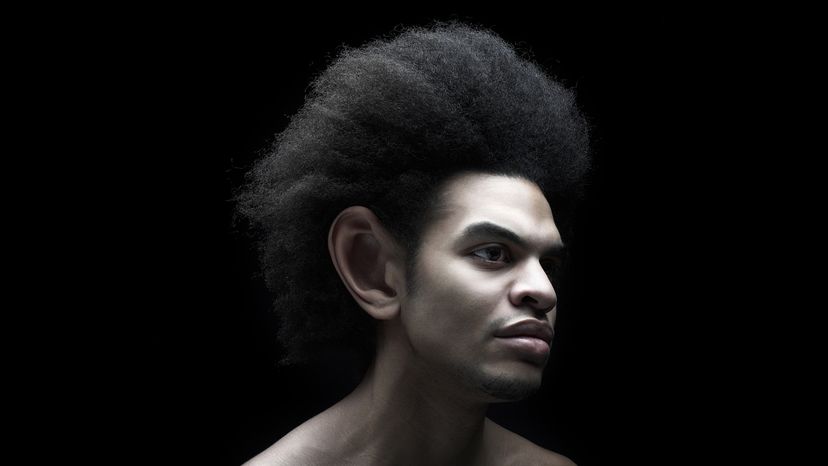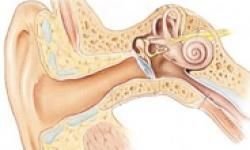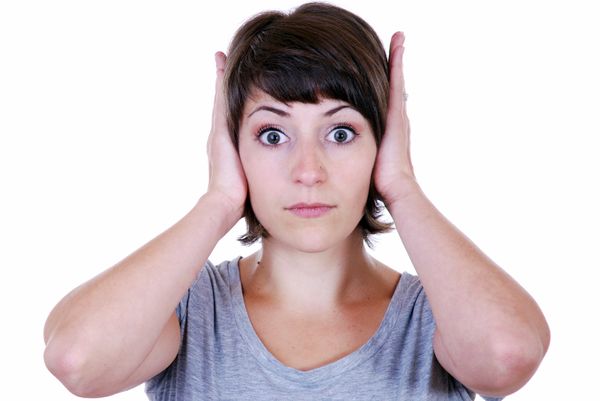
When the Big Bad Wolf (disguised as grandmother) told Little Red Riding Hood that his big ears were the better to hear her with, he was fibbing in more ways than one. Beyond the obvious — that the wolf was trying to conceal his identity from Red — he was also making up the fact that ear size can impact hearing. Of course, wolves do have better hearing than human grandmothers, but among our own species, the somewhat wide variation in ear size makes no difference whatsoever.
Even in the animal kingdom, ear size doesn't necessarily determine hearing ability. Compare bats and chinchillas. They both have large, prominent ears but vastly different frequency ranges. Bats can hear from 2,000 to 110,000 hertz (Hz), while chinchillas can detect only 90 to 22,800 Hz [source: Louisiana State University]. And in most large-eared animals, ear size has more to do with keeping the animal cool than it does with helping it detect sound. Consider how much larger the ears of African elephants are than those of Asian elephants. Those giant ears help redirect heat from the body — a useful attribute in a hot climate.
Advertisement
But let's get back to people. The external portion of our ears (also known as the pinna) has two main purposes: to protect the ear canal and to channel sound into it. Neither of these functions are improved in larger ears — the shape of our ears is much more important here. (But keep in mind that the broad variety of human earlobe shapes doesn't impact hearing differences. Unless there's a congenital defect, the basic structure of the ear is relatively the same in all people.)
While the pinna does play an important role, the mechanisms most critical to hearing are found deeper within. Take, for instance, hair cells. These sound receptors help transmit auditory signals to the brain, so they're tucked safely away in the inner ear.
If you need more evidence that hearing ability is not connected to ear size, consider this: Our ears grow as we age, but our hearing ability usually decreases. Over a period of 50 years, the average human ear grows approximately one half-inch (1 centimeter) [source: Heathcote]. Meanwhile, age-related hearing loss is cumulative, with about one- third of adults experiencing significant hearing loss by age 75 [source: Murray].
Advertisement


